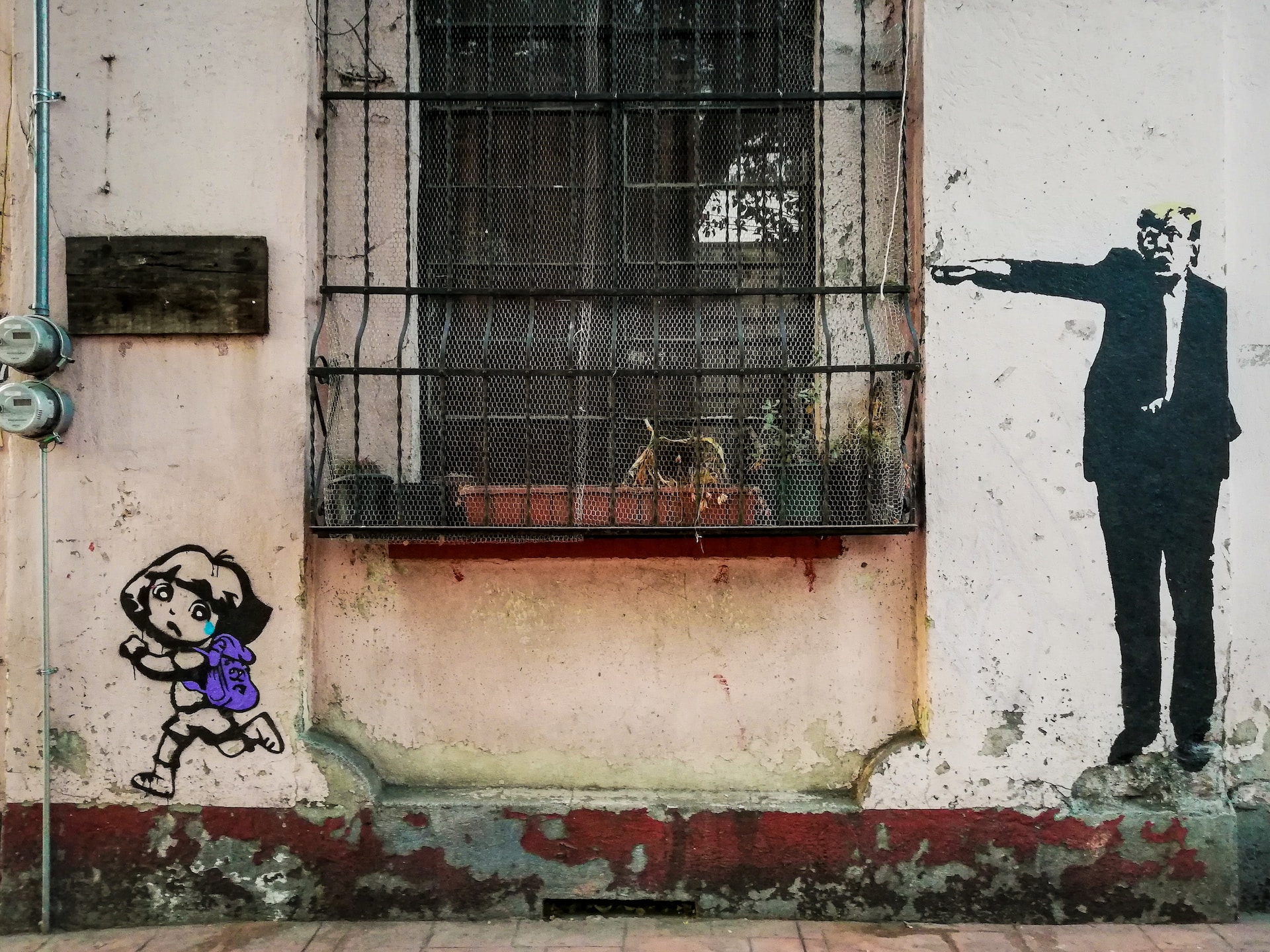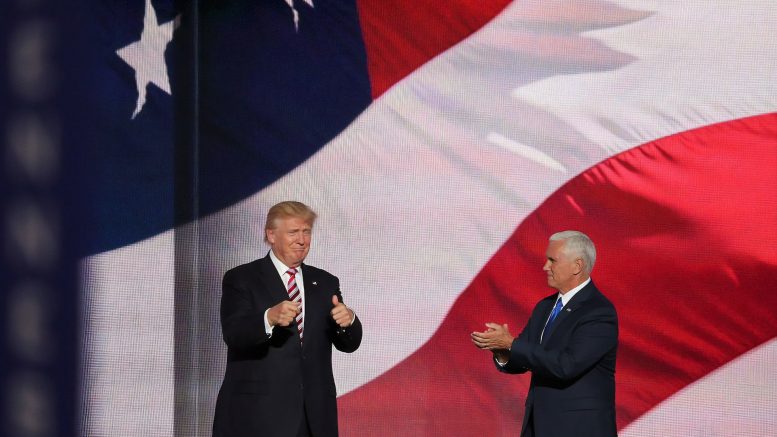Donald Trump, the ex-President of the United States, has ignited a new controversy with his recent statements at a political gathering in Durham, New Hampshire. During the event, Trump reportedly made contentious remarks about undocumented immigrants, accusing them of “tainting the nation’s essence.” His comments have attracted widespread criticism, being viewed as an intensification of his usual inflammatory campaign style, crossing into the realms of extreme and racially charged rhetoric.
Historical Echoes in Language
The former president’s language has drawn comparisons to that historically used by dictators and authoritarians, particularly following his description of opponents as “vermin” in November. This kind of rhetoric is seen as a dangerous step towards hate speech and has been universally condemned.
White House’s Response
The White House, under President Joe Biden, has responded strongly to Trump’s comments. Andrew Bates, a White House spokesperson, emphasized the responsibility of leaders to unite the country around shared values. Bates criticized Trump’s remarks as echoing fascist rhetoric and constituting a threat to American democracy and public safety.
Trump’s Immigration Stance
In his rally speech, Trump not only targeted immigrants from South America but also those from Asia and Africa. He has previously suggested deploying US troops to secure the US-Mexico border and initiating large-scale deportation operations. These suggestions, coupled with his recent comments, have raised serious concerns about his stance on immigration.

Republican Criticism of Trump
Chris Christie, former New Jersey governor and Republican presidential contender, condemned Trump’s remarks, accusing him of “dog-whistling” to Americans under economic and global conflict stress. Christie criticized fellow Republicans for enabling Trump, whom he labeled a “poison on our political system.”
Paul Ryan, the former Republican speaker of the House, also denounced Trump, labeling him an “authoritarian narcissist.”
Biden Administration’s Challenges
The Biden administration is currently working to secure military aid for Ukraine and Israel. However, this effort is entangled in political compromise over immigration controls, with progressives warning against linking these issues.
Trump’s Political Standing
Despite the backlash, Trump is expected to perform strongly in the upcoming Iowa caucus. However, CBS polls suggest he may face stiffer competition in New Hampshire, with Nikki Haley gaining support among Republican voters.
Legacy of Discrimination and Current Climate
Coinciding with Trump’s remarks, the White House marked the 80th anniversary of the repeal of the 1882 Chinese Exclusion Act. Biden used this occasion to draw parallels between past discrimination and current anti-immigrant sentiments, emphasizing that “hate never goes away. It only hides.”
Campaign Spokesperson’s Response
In response to the controversy, Steven Cheung, a Trump campaign spokesperson, diverted attention to campus protests and the media’s role in them. He accused academia and the media of harboring dangerous antisemitic and pro-Hamas rhetoric, sidestepping direct comments on Trump’s inflammatory statements.
Conclusion
The backlash against Trump’s comments at the New Hampshire rally highlights the growing concern over his potential return to power and the implications for US democracy and societal harmony. His divisive language continues to spark debate and concern across the political spectrum.
©unityus.org

